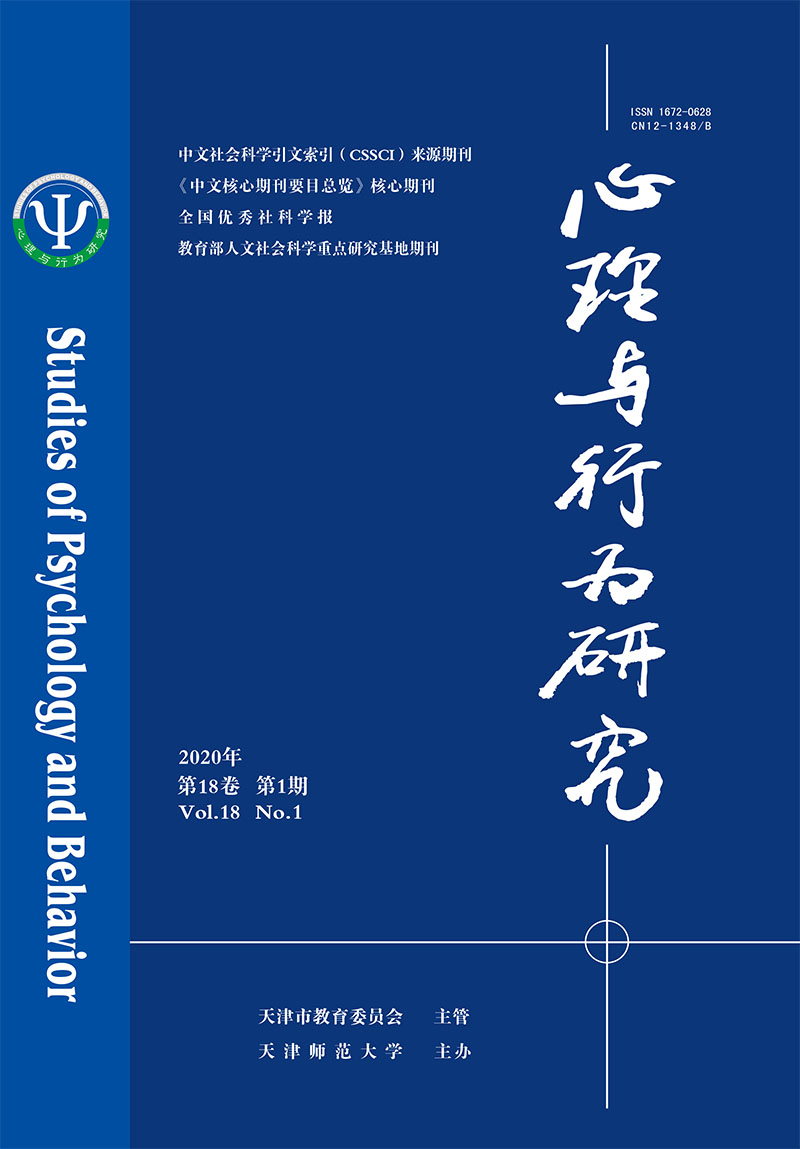|
|
Effects of Social Distance and Gender on Fairness Consideration
ZHANG Zhen, QI Chunhui, FU Shuying, WANG Qingchun, XIONG Jianping
2020, 18(1):
100-106.
The present study explored whether social distance and gender of recipients could influence their fairness consideration during a one-shot anonymous Ultimatum Game (UG). The experimental design was a 2×3×5 mixed factorial design, comprising the between-subject factors (gender: female, male) and the within-subject factors (social distance: self, friend, stranger) and offer type (1/9, 2/8, 3/7, 4/6, 5/5). Forty-two adults participated as recipients in the UG and made decisions for themselves, their friends and strangers. The results found that: 1) compared to deciding for themselves and friends, female participants accepted a more unfair offer (1/9, 2/8, 3/7) when deciding for strangers, and the interaction between social distance and offer type was not significant among male participants; 2) participants' reaction times of these unequal offers decreased as the social distance became more distant, while the equal offer's reaction times did not influence by social distance; 3) when deciding for strangers, female's acceptance threshold was lower than male's acceptance threshold, while the acceptance threshold had no significant gender differences when deciding for themselves or friends.
|

